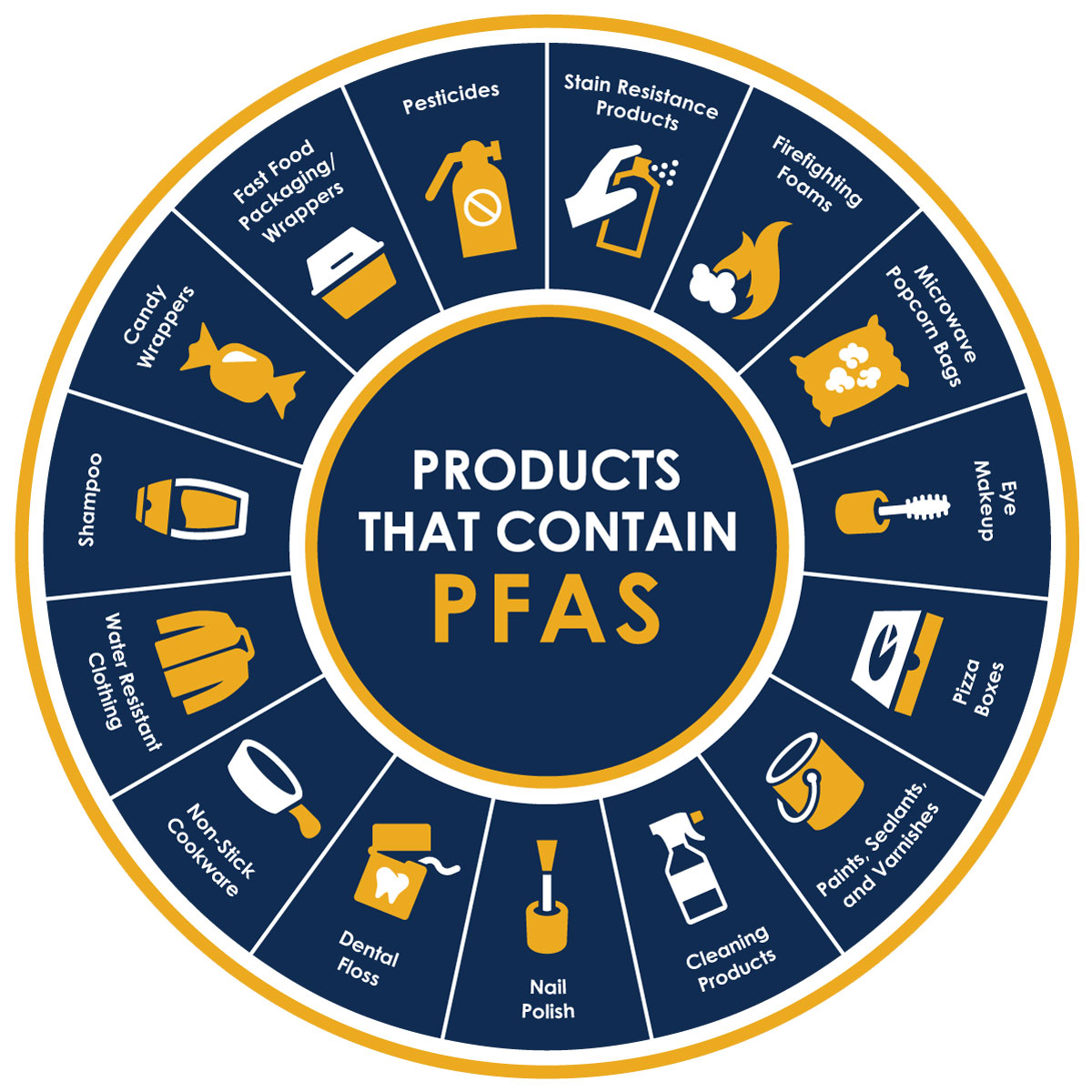image source: Plan International UK
In an article for the New York Times, Menstruation Gets a Gen Z Makeover, writer shines a light on the the stigma-busting, shame-free ways that some young people are talking about menstruation. She writes:
Members of Gen Z and beyond are more forthcoming about their periods than generations past, and they are more likely to care whether the products they use are environmentally sustainable. The convergence of the two ideals may signify a cultural shift in how young people are approaching menstruation.
More options for reusable period products like absorbent underwear, menstrual cups, cloth pads and panty liners, and applicator-free tampons are on the market now than ever before — some made just for teens and tweens…..
The article even features a picture of Nadya Okamoto (but no mention of her ouster from the organization she co-founded, Period) who has reinvented herself as a sustainable menstrual products entrepreneur. Okamoto and others take to Instagram and TikTok to share experiences and product tips. One pediatrician hailed these videos as sources that young people gravitate toward, because “Teens are looking for conversations around people’s experiences, not five-star Amazon reviews.”
But let’s be clear: Most of the “influencers” promoting products on #PeriodTok are there to sell something. Yes, the messages feel more “real” and personal than glossy ads or typical web promo text. Yes, the messages often promote body positivity and empowerment. That is great. The savvy consumer will remember, though, that there’s a whole industry out there selling menstruation-related products and services that seek to profit from menstruation. In a nutshell, this is simply the latest incarnation of menstrual capitalism: the marketing and selling of menstrual hygiene products by means of feminist messages that attempt to create a public-relations “halo effect” for companies that are, at their core, commercial enterprises that seek to profit from the bodies of menstruating individuals.
Oh, and the New York Times article is framed with a profile of a woman who “together” with her two daughters have founded a company to sell “a line of undergarments for tweens, which includes reusable period underwear that offers an environmentally friendlier alternative to disposable pads and tampon.” (As someone who teaches Corporations, Tax Trusts & Estates, I have lots of questions about the venture’s potential structure and operation, but that’s not the subject of this post.) Special products for tweens are wonderful. They have different needs that adults do, to be sure. But it’s all part of the same cycle (no pun intended) of selling more products.
Historian Lara Friedenfelds, quoted in the article, notes that Gen Z concerns about at the nexus of menstrual products and environmental issues are not new to the 21st century. For those who can afford more sustainable products, menstrual cups, period underwear and even modern riffs on cloth pads may be welcome alternatives.

image source: riversideca.gov
With the emphasis on menstrual products’ environmental profile, it is easy to overlook that some of these eco-conscious products raise serious health concerns. As Emily Gold Waldman and I explain in our forthcoming book, Menstruation Mattters: Challenging Law’s Silence on Periods (NYU Press 2022), some period underwear contains nanosilver, commonly used as an odor reducer in athletic clothes and shown in animal studies to enter the bloodstream after contact with genital tissue. Researchers have also found that the period underwear Thinx contains high levels of PFAs— substances that make cookwear non-stick. (There are also contradictory studies; the company itself denies that its products contain PFAs, but its patent application suggests otherwise.) What are PFAs? I’m no scientist, but some perfluoroalkyl and polyfluoroalkyl substances have been linked to all sorts of problems, including reduced fertility, disruptions to the immune system, thyroid disease, cancer, liver damage and pregnancy-induced hypertension. So choosing period underwear because of its reusability may come with trade-offs that should be part of the conversation. I don’t think #PFAs are trending on #PeriodTok.
If that weren’t enough, add into the mix the insufficient about links between toxic shock syndrome and menstrual cup use. Given that a common recommendation is to change one’s cup every 8-12 hours, there need to be more and better warnings about the risks of toxic shock syndrome.
Discussions about menstruation should be free of shame and stigma. But the conversations also should acknowledge that some participants have profit-minded goals when products are the subject. And even products that are “better” for the environment may not be better for human health.

